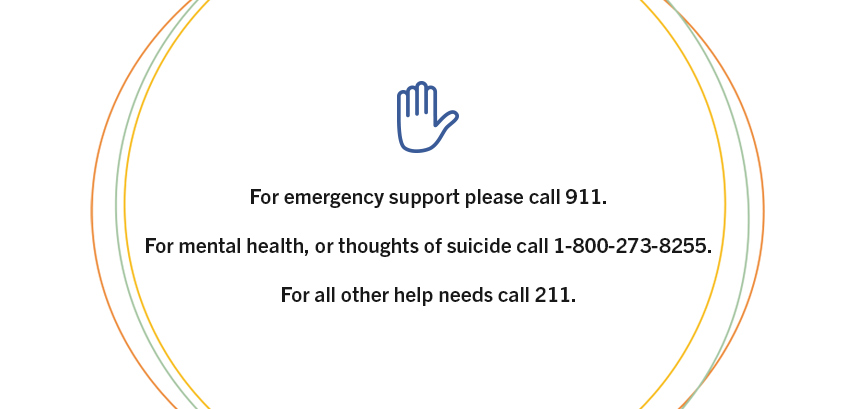
Prevention Works!
Prevention starts at birth and continues across the lifespan.
What You Should Know

1
2
3
Resources
210 West River Road, Hooksett, NH 03106
603-485-5322
https://www.hooksett.org/parks-recreation-cemeteries-division
Screening, Brief Intervention, and Referral to Treatment (SBIRT)
SBIRT is an evidence-based, integrated, public health approach to the delivery of early intervention and treatment services for persons with substance use disorder, as well as those who are at risk of developing substance use disorder. SBIRT requires screening of every patient for potential alcohol or other drug problems and a response which reinforces non-harmful use, educates about the impact of substance misuse
on overall health and safety, and supports patients with problematic use in accessing further assessment, diagnosis, and treatment. New Hampshire has several initiatives in place to expand SBIRT in Primary Care settings and Community Health Centers.
Permanent Prescription Drug Take Back Box locations at the following Police Departments: Auburn PD, Bedford PD, Candia PD, Deerfield PD, Hooksett PD, Manchester PD, New Boston PD, and also, CMC Hospital.
School-Based Alcohol and Drug Services: Students at most high schools and middle schools can get free and confidential alcohol, drug, and mental health services at their school. Common services include: education; problem-solving; alcohol, drug and mental health screening; brief counseling and referral to treatment services; recovery support. These services are confidential and are not recorded in a student’s official educational record. Ask your school if they have a Student Assistance Program or alcohol/drug/mental
health counselor.


